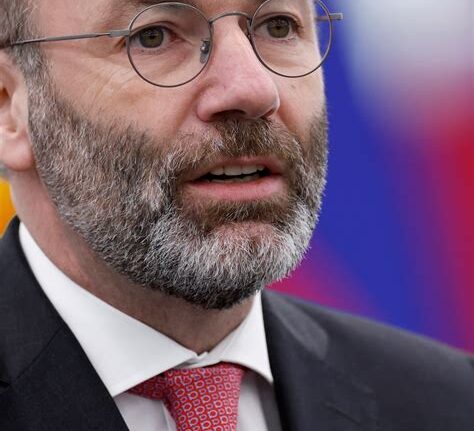LONDON – In a world where technology continues to push boundaries, the British government is contemplating groundbreaking new measures to safeguard the identities of public figures and celebrities. The plan aims to shield these individuals from the unauthorized replication of their personas by artificial intelligence (AI) systems.
Ministers are on the verge of initiating a public consultation set to revolutionize the United Kingdom’s copyright regulations. Under these proposed changes, AI companies would gain permission to utilize copyrighted materials for commercial purposes unless explicit opt-out requests are made by rights holders. This move, designed to attract more investment in AI within the UK, has met with significant resistance from various sectors within the creative industry.
### Protecting Personalities Against AI Mimicry
Sources familiar with confidential deliberations have hinted at a potential provision known as
“personality right”
which could be integrated into the upcoming consultation framework. This innovative concept is poised to offer enhanced legal safeguards primarily aimed at shielding celebrities who heavily rely on preserving their image integrity. The introduction of this new right could also serve as a deterrent against malicious practices like deepfake technologies.
**Expert Insight:**
Renowned author Kate Mosse raised concerns over potential impacts on originality, an issue that resonated with music legend Paul McCartney.
Despite this promising development in enhancing individual protections, concerns persist within the artistic community regarding broader implications associated with the proposed adjustments in copyright laws. During a recent parliamentary briefing session, Kate Mosse fervently warned that such measures might inadvertently stifle creativity among content creators—the sentiment echoed by iconic musician Paul McCartney.
The creative sector contends that a system mandating explicit consent for AI training would establish a fairer landscape for all stakeholders involved in content creation and dissemination. Additionally, there are apprehensions surrounding potential repercussions stemming from any erosion of existing copyright frameworks.
### Sectorial Perspectives and Global Implications
Industry bodies both domestically and internationally have articulated their reservations regarding any potential dilution of intellectual property rights vis-à-vis emerging technological advancements. A missive from the Copyright Alliance—a prominent U.S.-based media consortium—cautioned against jeopardizing established copyright standards that could dissuade investments across both American and British creative domains.
**Expert Analysis:**
The looming regulatory overhaul poses critical challenges necessitating comprehensive solutions given its profound impact on fostering innovation and economic growth.
On another front, proponents advocating for streamlined access to data for developing AI models advocate for greater transparency requirements placed upon AI entities utilizing external datasets. Organizations like TechUK assert that prevailing uncertainties surrounding data usage restrictions inhibit not only innovative strides but also impede widespread adoption of AI applications across industries.
### Navigating Uncertainties Towards Sustainable Solutions
While these proposals hold immense promise in transforming Britain into an AI hub, numerous logistical intricacies demand resolution before implementation can proceed seamlessly. Key considerations include devising mechanisms through which content owners can signal non-consent toward data exploitation by tech firms embarking on model developments based on proprietary information.
Underpinning these reforms is an urgent need to strike equilibrium between fostering technological progress and upholding fundamental principles governing intellectual property rights protection in contemporary digital landscapes.









Leave feedback about this